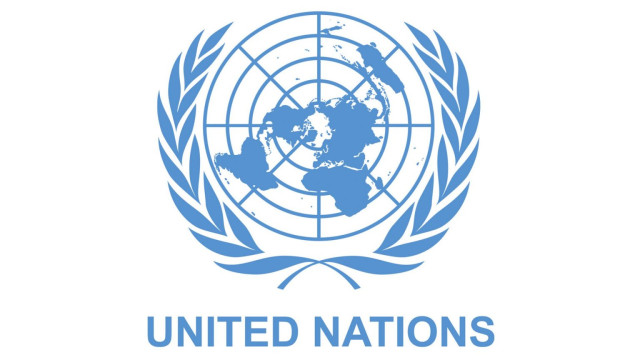The United Nations Department of Economic and Social Affairs (UN DESA) has indicated that the global economy is at a precarious turning point due to rising trade tensions and increasing policy uncertainties.
In a report released on Thursday, UN DESA noted that price pressures from tariffs are contributing to inflation risks, particularly impacting trade-reliant economies.
The report highlighted that elevated tariffs and changing trade policies pose threats to global supply chains, elevate production costs, and postpone crucial investment decisions, all of which could undermine global growth prospects.
The economic downturn is widespread, affecting both advanced and emerging economies globally. In the United States, growth is anticipated to decelerate "significantly" due to the adverse effects of higher tariffs and policy uncertainties on private investment and consumer spending.
Major developing economies such as Brazil and Mexico are also facing downward adjustments to their growth predictions. China's economy is projected to expand by 4.6 percent this year, a decline from 5.0 percent in 2024.
This slowdown is attributed to diminished consumer confidence, disruptions in export-led manufacturing, and ongoing issues within the Chinese real estate sector.
By early 2025, inflation rates had surpassed pre-pandemic levels in two-thirds of countries globally, with over 20 developing nations experiencing double-digit inflation.
This occurs even as global headline inflation has moderated between 2023 and 2024. Food inflation remains particularly high in Africa as well as South and Western Asia, averaging above six percent, significantly impacting low-income households.
Increasing trade barriers and climate-related shocks are exacerbating inflation rates, emphasizing the urgent necessity for coordinated policies to stabilize prices and assist vulnerable populations.
"The tariff shock poses a serious risk to vulnerable developing nations," stated Li Junhua, UN Under-Secretary-General for Economic and Social Affairs.
As central banks attempt to manage inflation while supporting faltering economies, many governments, especially in developing countries, have limited fiscal resources, complicating their ability to effectively address the economic downturn.
This bleak economic outlook threatens to hinder job creation, diminish poverty reduction efforts, and exacerbate inequality, as highlighted in the report.




















